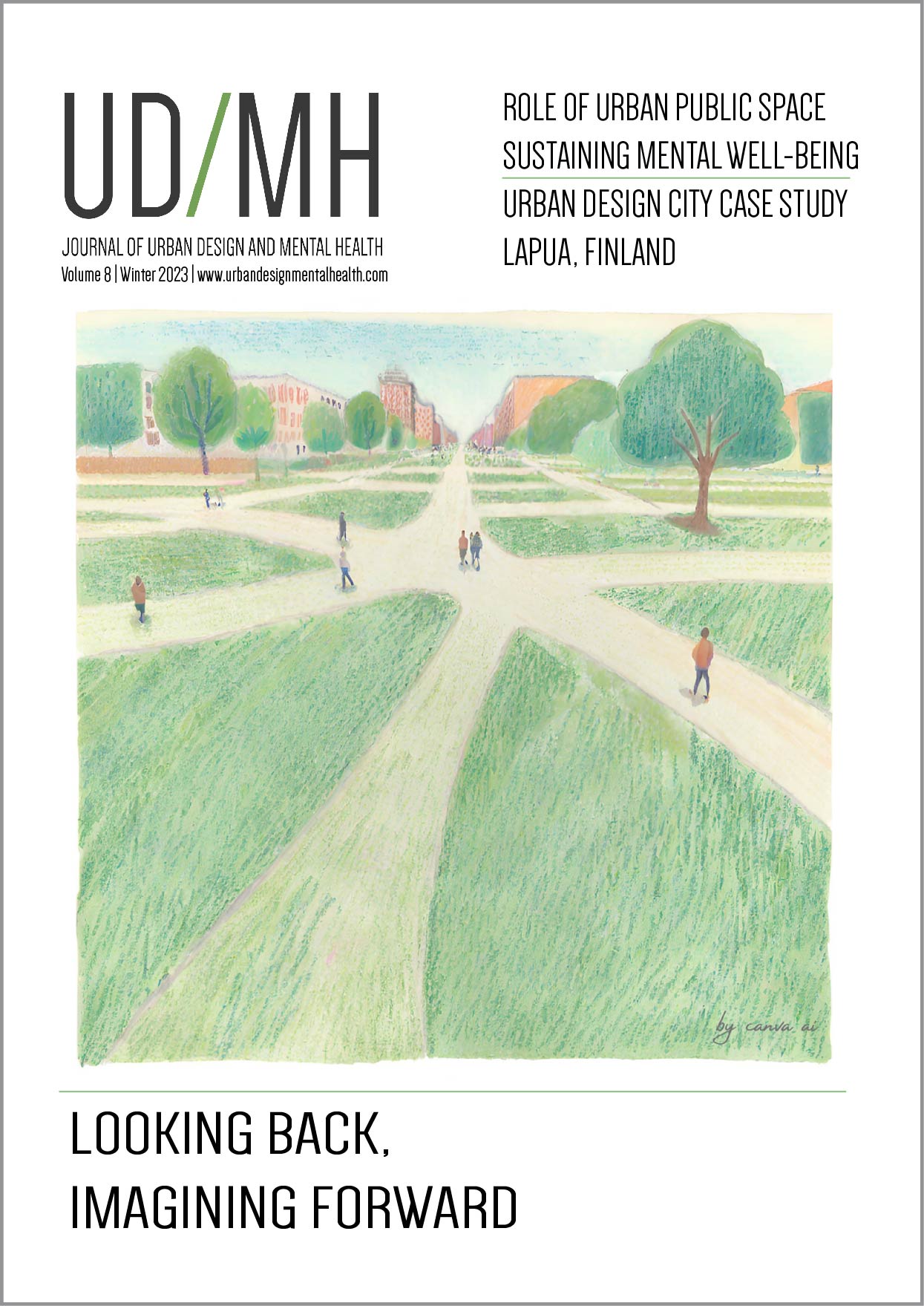A Case Study of Urban Design for Wellbeing and Mental Health in Brighton, UK
Main Article Content
Abstract
Brighton, a vibrant, densely-populated city on the south-east coast of the UK, has worse mental health outcomes than the average for UK cities. Despite this, there have been efforts made to rectify this through promising planning and policy actions and aspirations. Through interviews with councillors, planners, academics, and third sector and design practitioners living and working in the city, and a selection of case studies, we seek to better understand the relationship between urban design and mental health in Brighton. Relating interview data to the ‘Mind the GAPS’ framework, we conclude the following as vital for mental health promotion through design of public space: safe public and living spaces, enriched social infrastructure, accessible transport options, co-production of design, visual mapping of data and citizen involvement in urban planning.
Article Details

This work is licensed under a Creative Commons Attribution 4.0 International License.
Authors retain copyright and publishing rights without restrictions and grant the journal right of first publication under a Creative Commons Attribution (CC-BY) License.
